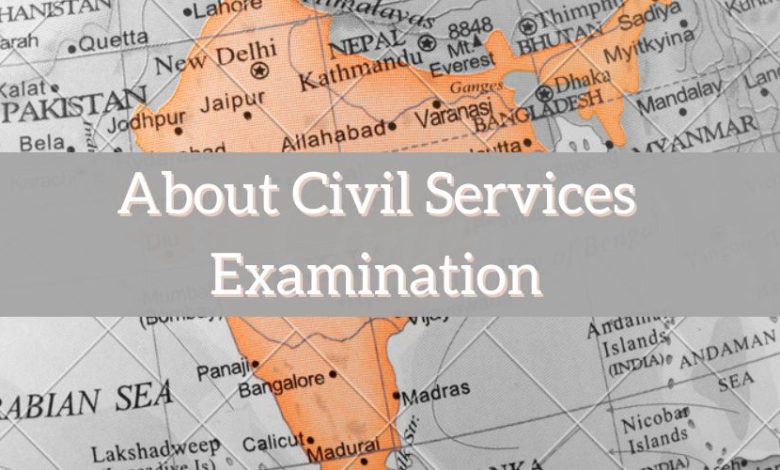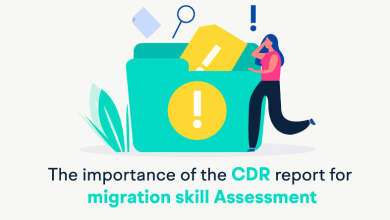Civil Services Exam in Delhi

Indian Civil Service Exam
The Civil Services Examination (CSE) is a highly competitive examination conducted by the Union Public Service Commission (UPSC) in India. The CSE is considered to be one of the most difficult and prestigious examinations in the country. It is conducted to recruit officers for various services like Indian Administrative Service (IAS), Indian Police Service (IPS), Indian Revenue Service (IRS), and Indian Foreign Service (IFS), among others.
UPSC Exam IAS Exam
The CSE is conducted in three stages – Preliminary Examination, Main Examination, and Personality Test (Interview). The Preliminary Examination is a screening test, while the Main Examination is a written examination followed by a Personality Test.
Civil Services Preliminary Exam
The Preliminary Examination consists of two objective-type papers – General Studies Paper I and General Studies Paper II (popularly known as Civil Services Aptitude Test or CSAT). The General Studies Paper I covers topics like Indian History, Indian Geography, Indian Polity, Indian Economy, Environment and Ecology, Science and Technology, etc. The General Studies Paper II tests the candidate’s analytical and reasoning ability, comprehension, interpersonal skills, and decision-making ability.
Civil Services Main Exam
The Main Examination consists of nine papers, out of which seven are considered for final ranking. The papers include Essay, General Studies I, General Studies II, General Studies III, General Studies IV, Optional Paper I, and Optional Paper II. The Essay paper is of 250 marks, while the General Studies papers are of 250 marks each. The Optional Papers are of 250 marks each, and candidates can choose any one subject from the list of optional subjects provided by the UPSC.
The Personality Test (Interview) is the final stage of the CSE. Candidates who qualify the Main Examination are called for the Personality Test. The Personality Test is conducted to assess the candidate’s personality traits, leadership qualities, communication skills, and overall suitability for a career in civil services.
Civil Services Exam Eligibility
Candidates who intend to take the Civil Services Exam must meet the nationality, age, and educational qualification requirements. The candidate must be at least 21 years old and no older than 32 years old. The candidate must also hold a bachelor’s degree in any field from a recognised university. However, age restrictions apply depending on the category of the candidate.
Check the UPSC Eligibility Criteria from the linked article to determine your eligibility and the qualifications required to sit for the Civil Services Exam.
UPSC CSE Preparation Tips
Preparing for the Civil Services Examination requires a focused and disciplined approach. Candidates need to have a strong foundation in the fundamentals of the subjects covered in the examination. They should also be updated with the current events and issues related to India and the world.
CSE Exam Pattern
The UPSC CSE procedure begins with prelims. It is a screening test used to select pupils for future consideration. The preliminary test consists of two objective type papers at 200 points each. Only those who achieve a score higher than the UPSC’s published cut-off for that year will be called to the next level of examination. However, the marks obtained in the preliminary exams will not be considered when determining the final merit list.
Civil services are regarded as the backbone of the country’s administrative apparatus. The majority of policies and laws are produced solely by bureaucrats. The concerned minister has the authority to propose this policy or bill to the House for further consideration.
There are various coaching institutes and online portals that provide guidance and study material for the CSE.GS SCORE for instance, ias foundation course for upsc 2025 offers comprehensive study material for the CSE, including current affairs updates, mock tests, and video lectures.
Strategy for UPSC Prelims
One of the key factors for success in the CSE is time management. Candidates should allocate their time wisely and give equal importance to all the subjects covered in the examination. They should also practice writing skills and improve their answer writing technique. The bureaucracy functions similarly to veins in the human body, which are responsible for distributing blood throughout the body. Civil officials are responsible for implementing policies in addition to developing them. Civil employees serve as a link between the people and the government. Thus, civil service as a vocation provides abundant opportunities to serve the people by providing them with benefits through the government’s benevolent policies and planning. The authority and benefits associated with this service also make this position unusual and one-of-a-kind.

List of the posts under Civil service examination as conducted by UPSC:
| All India Services |
|
| Group ‘A’ Services |
|
| Group ‘B’ Services
|
|
The status symbol and reputation attached with the Civil Services make this career as the most lucrative and most sought career in India. Nationally UPSC is the agency that has been conferred the responsibility of conducting the Civil Services Exam. However at state level the same responsibility has been given to concerned state public service commissions. Through state PSCs the various government jobs in states are filled.
UPSC Preparation Guide
- Make a study plan and stick to it.
- Regularly read newspapers and publications to stay up to date on current events.
- Consult standard books and study resources recommended by specialists.
Conclusion
In conclusion, the Civil Services Examination is a highly competitive and challenging examination, but it also offers immense opportunities for a career in the civil services. With the right guidance, study material, and a disciplined approach, candidates can crack the CSE and serve the nation with dedication and commitment





